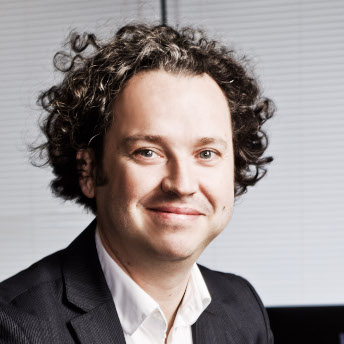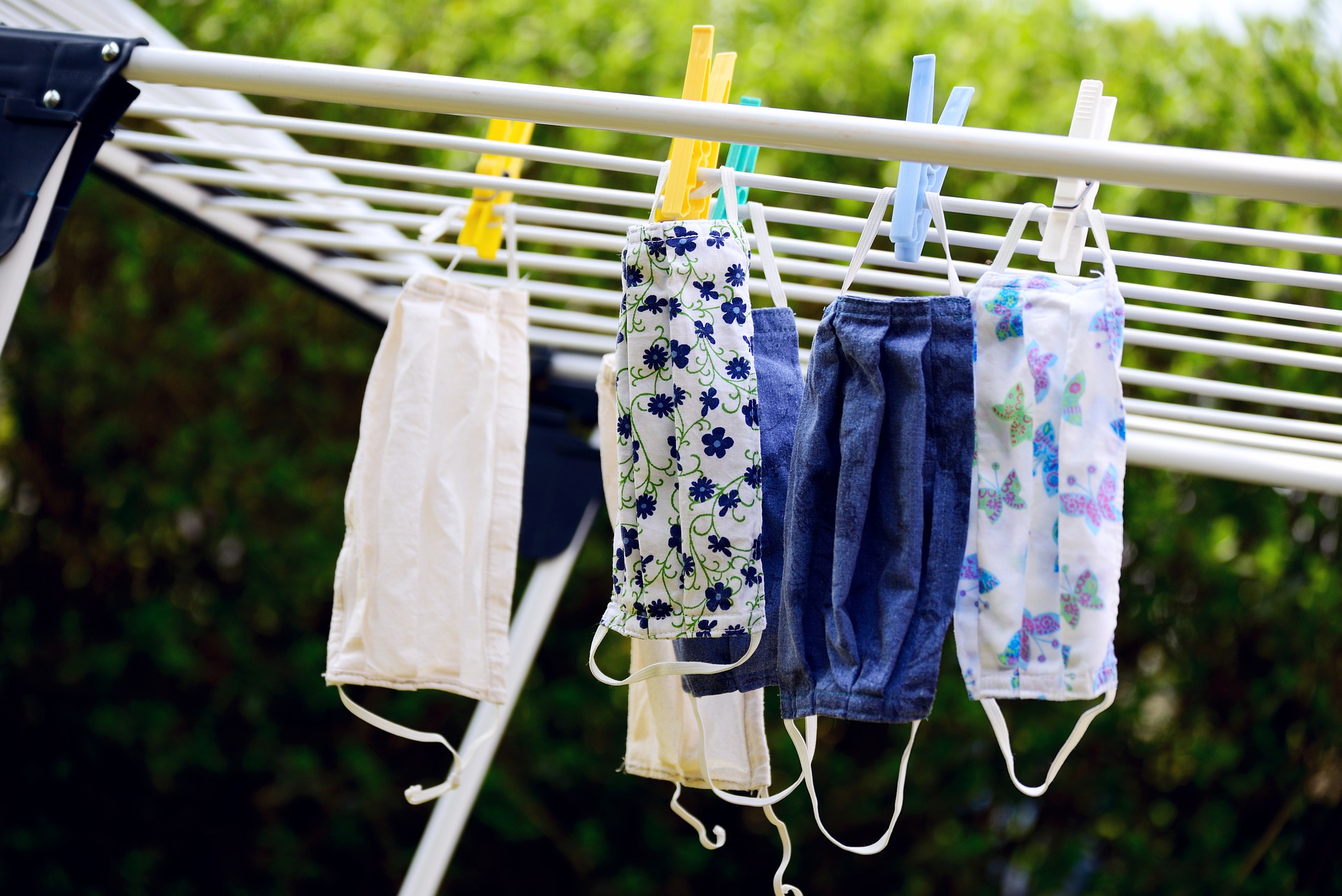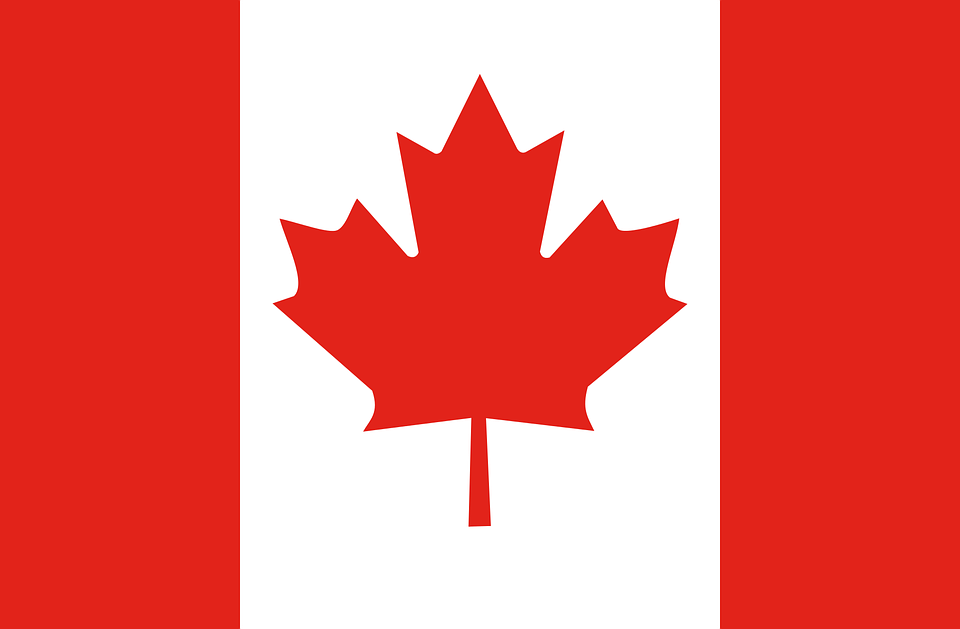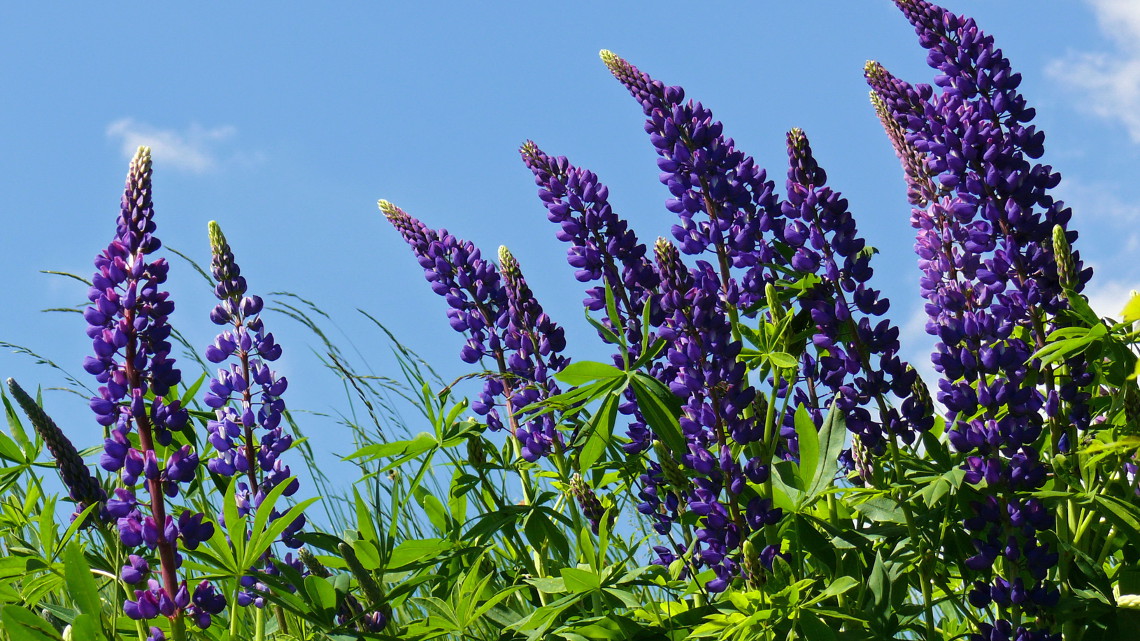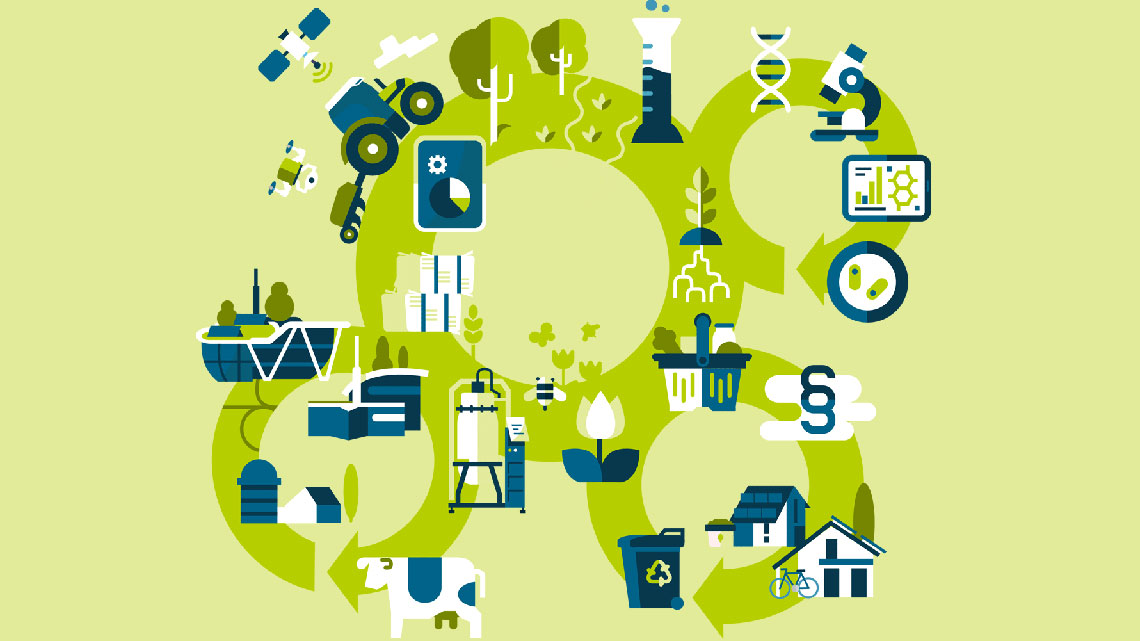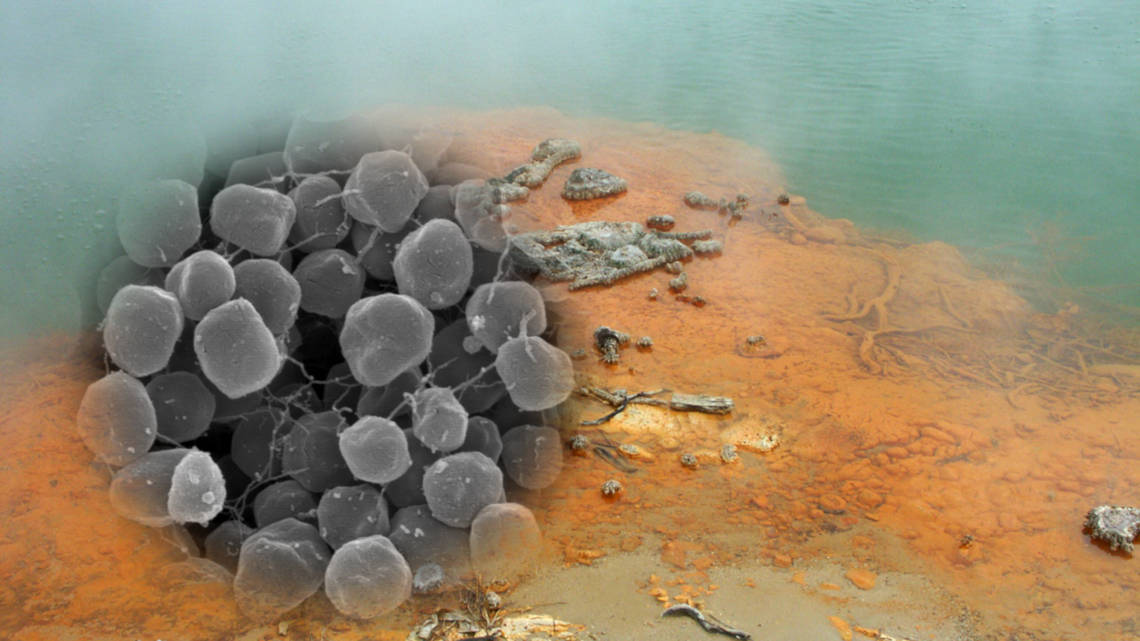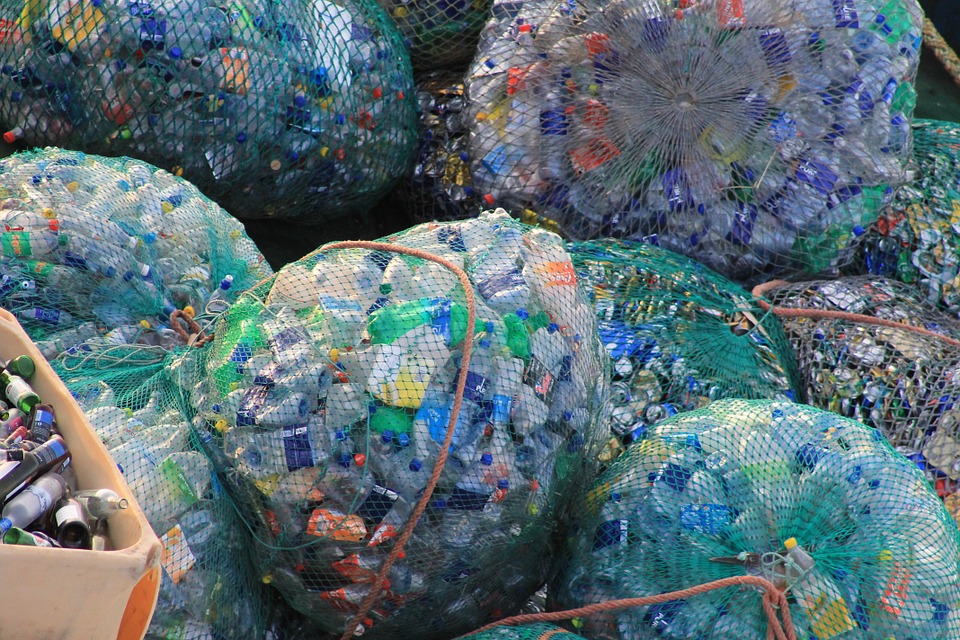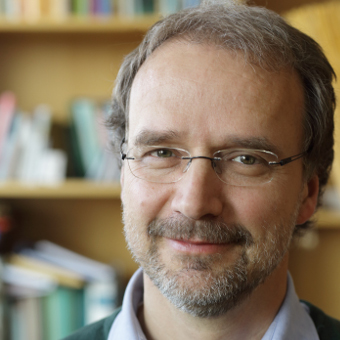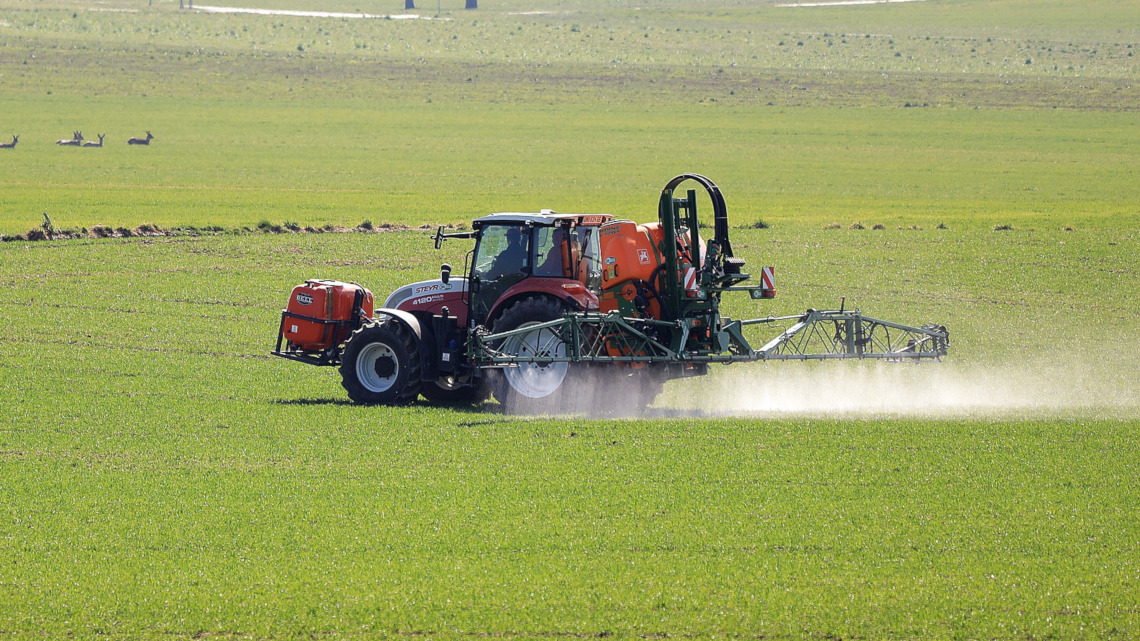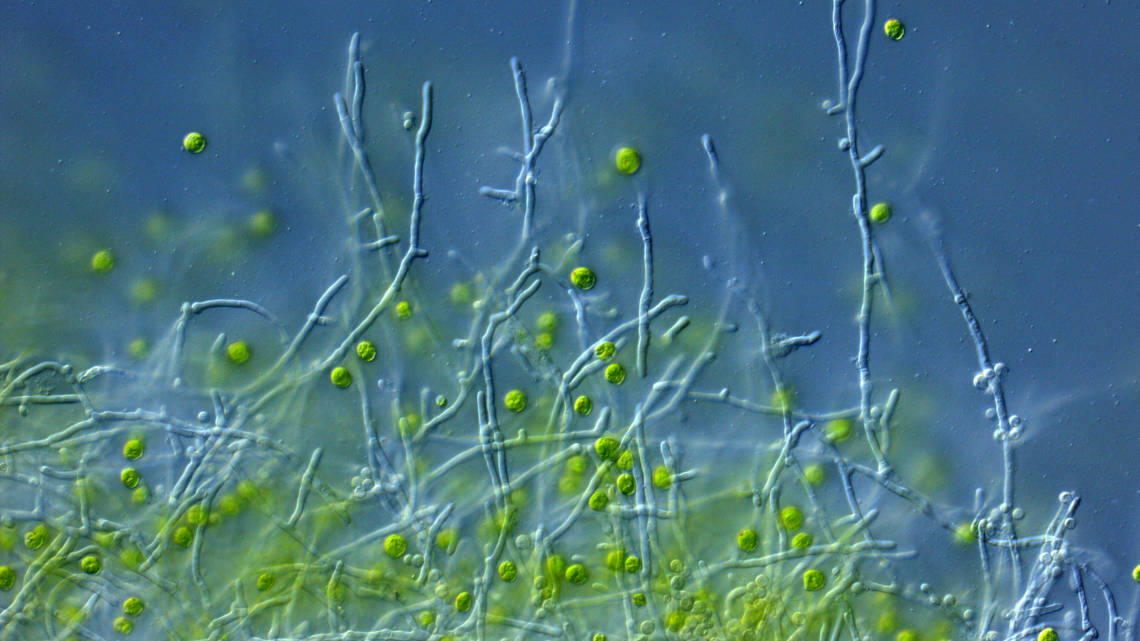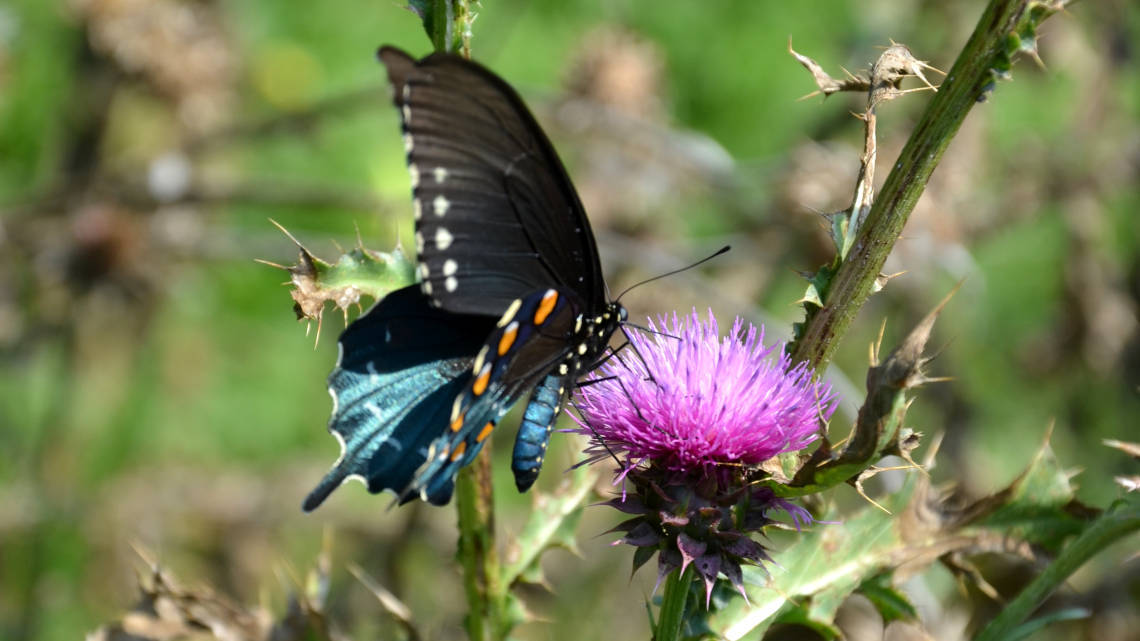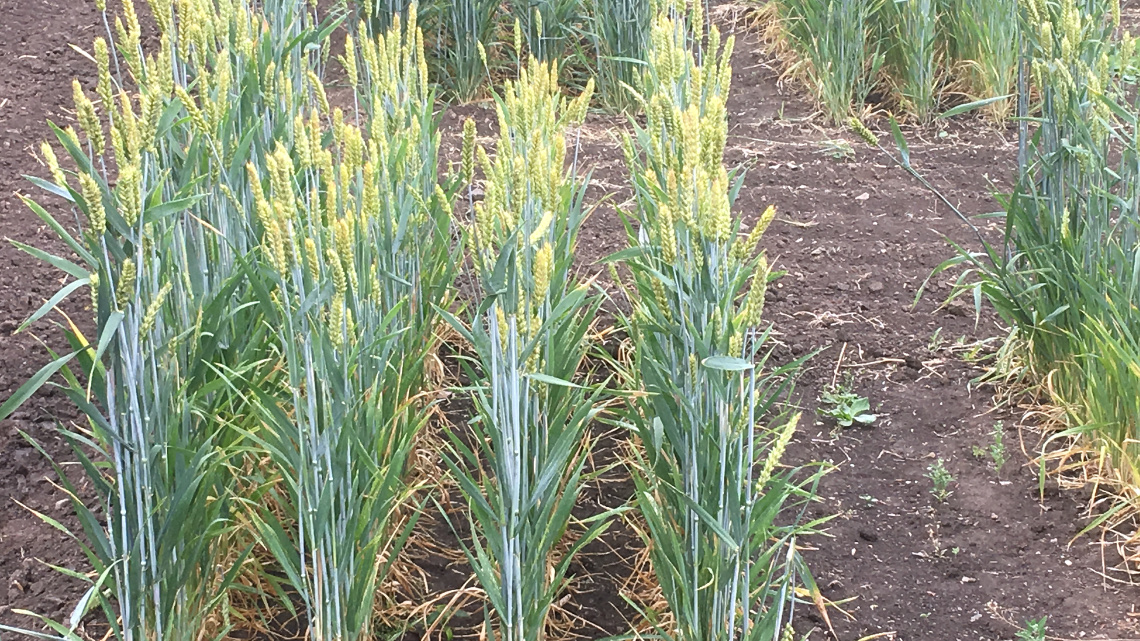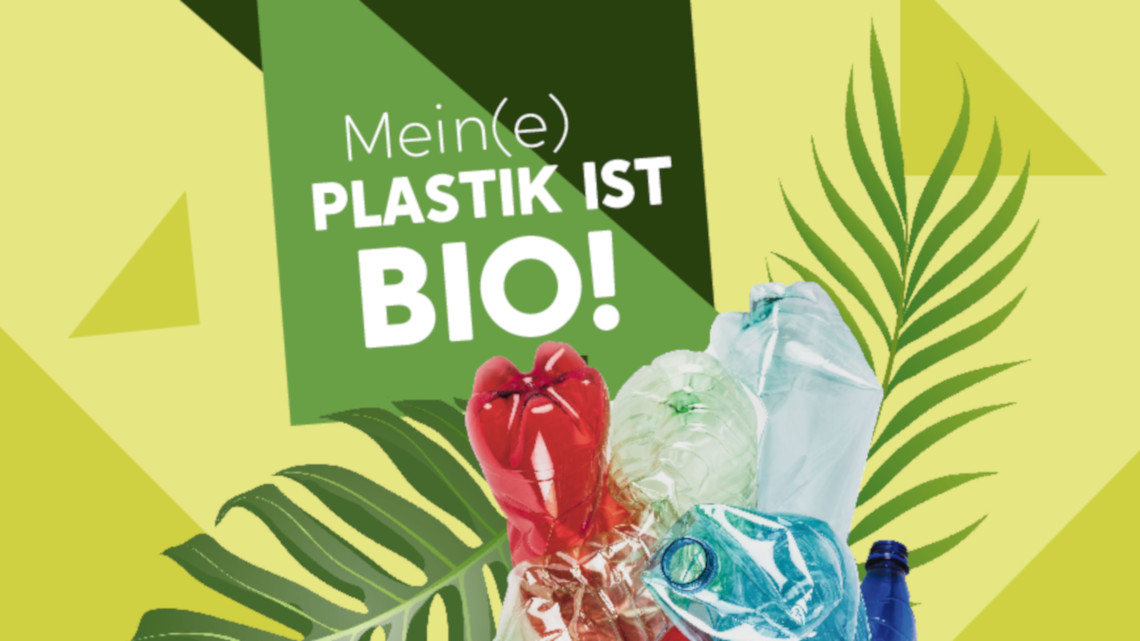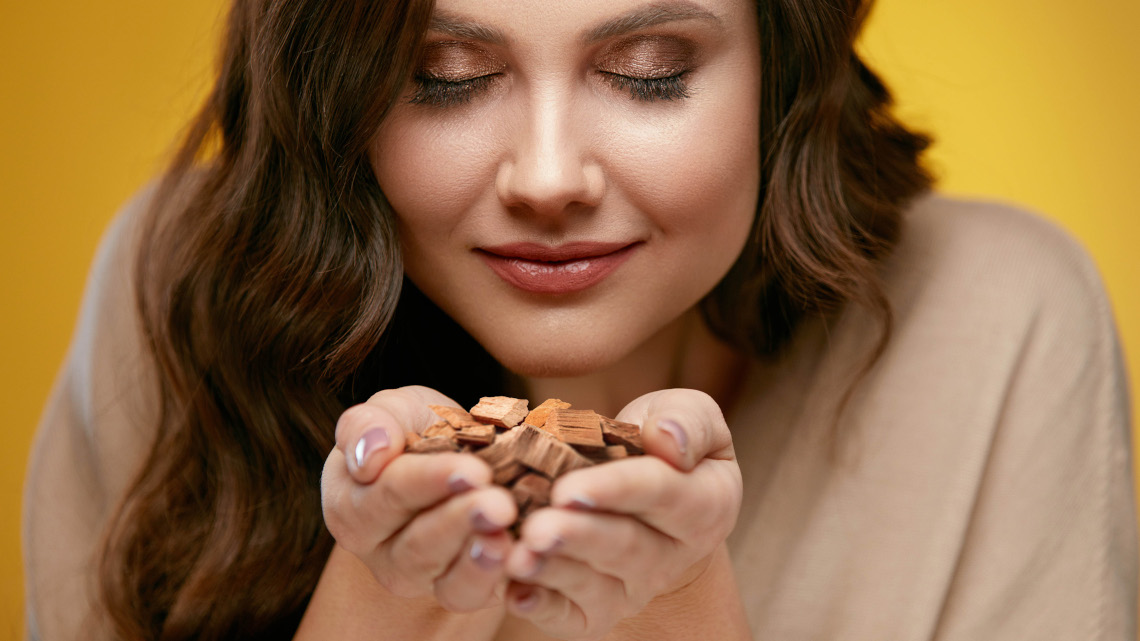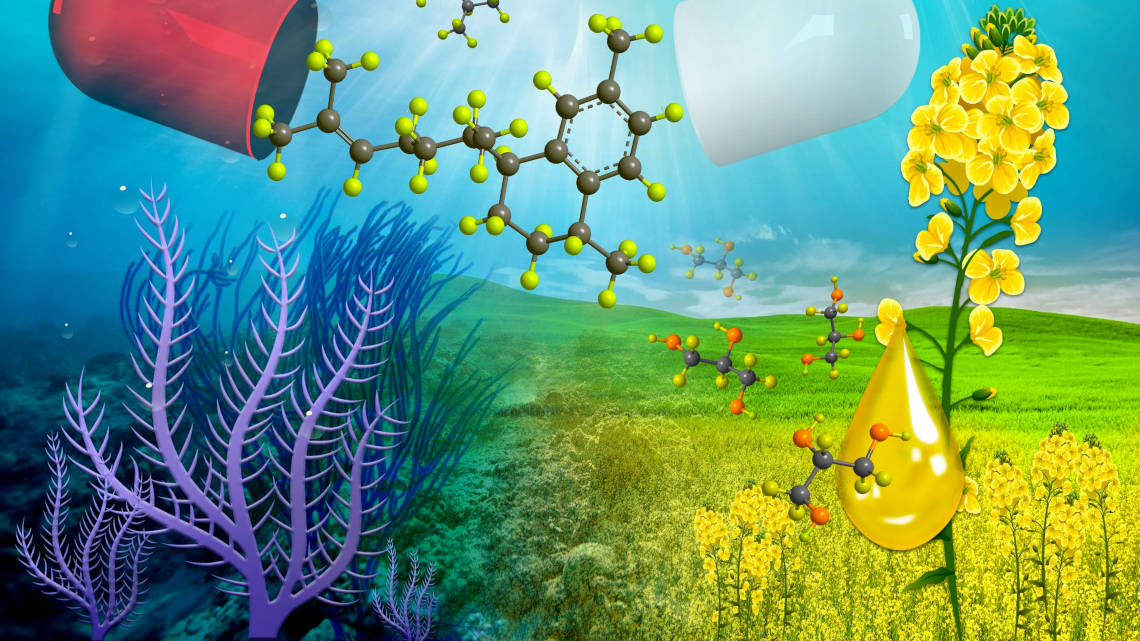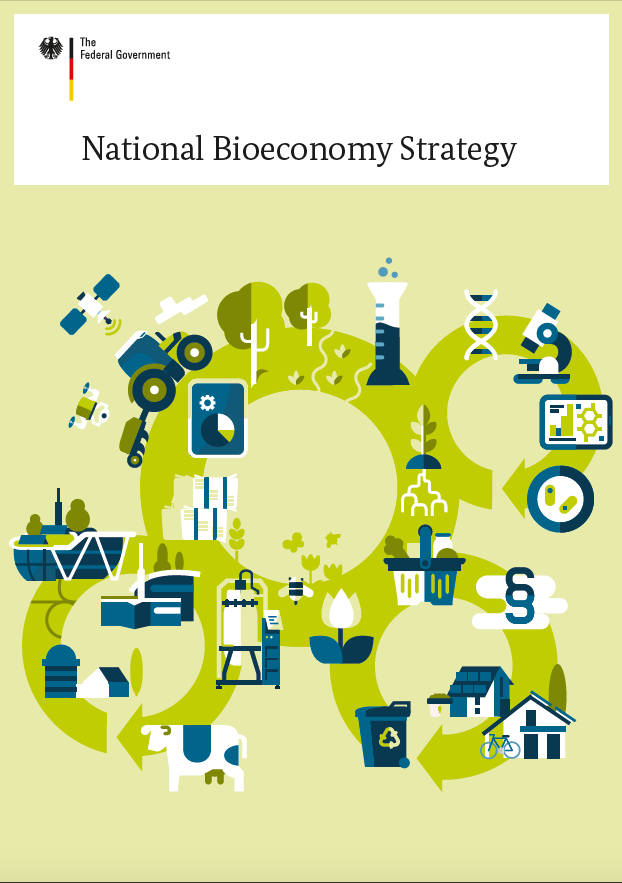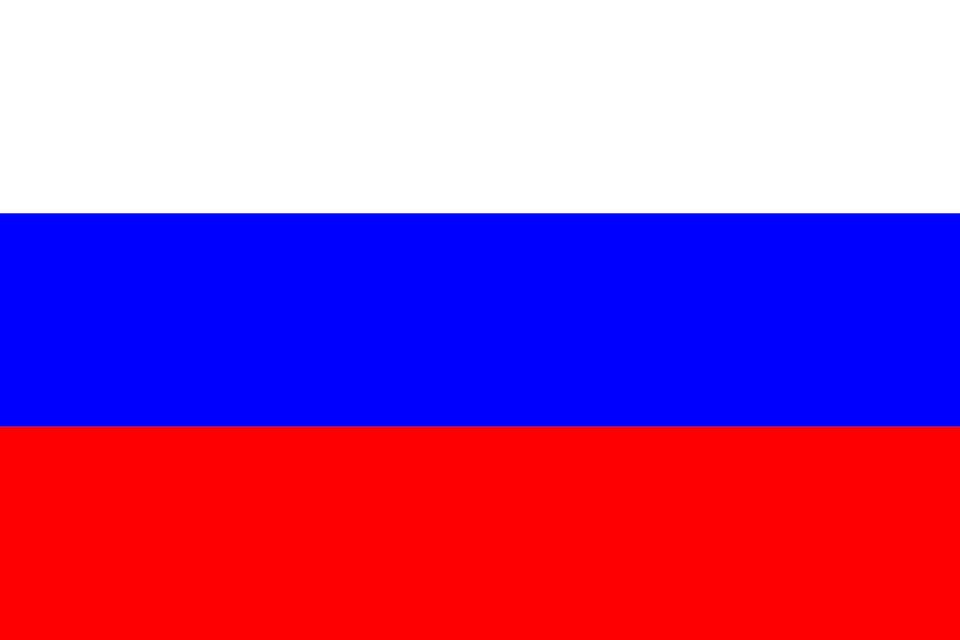28.12.2020
Country
unspecific
unspecific
unspecific
Japan
Japan is a highly industrialized country and, as a mountainous island nation, has special geographical conditions. These circumstances mean that Japan mostly has to import food, animal feed and biomass for industrial use, and bioenergy only plays a minor role. Biomass as a chemical raw material, on the other hand, has a long tradition in Japan. In a country with a strong research sector, the same applies to biotechnology. This is probably one reason why the bioeconomy strategy adopted in 2019 focuses strongly on the high-tech side of the bioeconomy.
